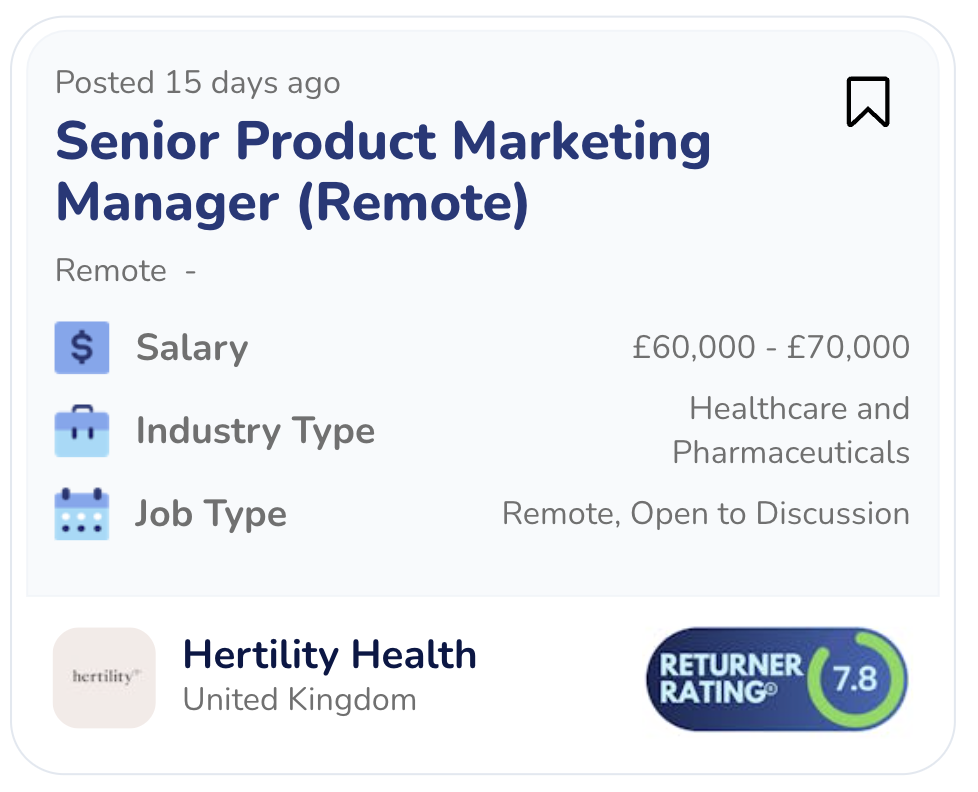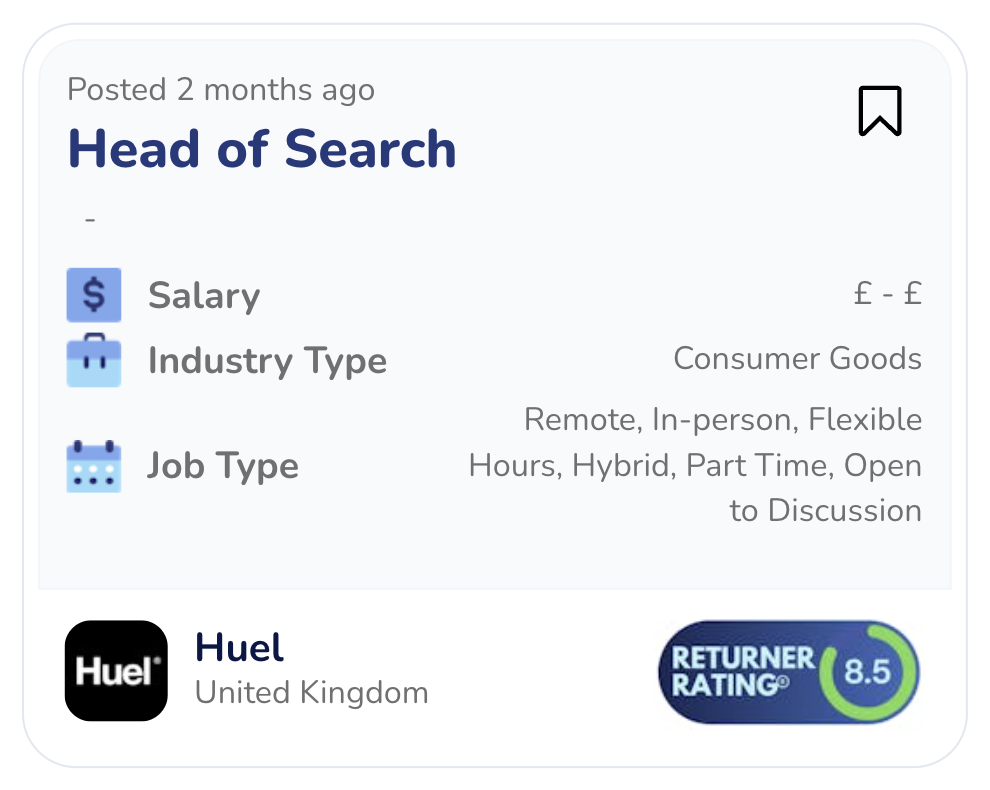Returning to work after an absence, whether due to illness, maternity leave, or other reasons, requires careful planning and clear communication. Having the right forms, templates, and policies in place ensures a smooth transition for both employees and employers. This guide provides an overview of the essential resources needed to facilitate aa smooth return-to-work process.
Access tailored upskilling
And in-depth online courses
Jump to:
- Types of templates and forms for returning to work
- When do i need to use forms and templates?
- Returning to work after sick leave templates
- Returning to work after maternity leave templates
- Interview templates
- Templates for employers
- How ivee supports your return to work
- Return to work policies
- Resignation templates
- FAQs about return to work templates
- Conclusion
Types of templates and forms for returning to work
When it comes to returning to work, there are various types of programmes and documents that can help streamline the process. These include:
Return to work forms
Return to work form from doctor: A document provided by a doctor confirming that an employee is fit to return to work.
Employee return to work form: Used by employers to record the details of an employee’s return after an absence.
Return to work authorisation form: Authorises an employee’s return to work under specified conditions.
01
Interview templates
Return to work interview template for employers: Guides the discussion between the employer and employee regarding the return-to-work process.
Back to work interview template: This template is focused on employees returning after an absence, and outlines the type of questions they can expect.
02
Letters
Return to work letter from doctor: A formal letter from a healthcare provider stating that an employee is cleared to return to work.
Return to work letter template: Used by employees to notify their employers of their intention to return to work.
Return to work light duty letter: Outlines the conditions under which an employee will return to work on light duty.
03
Policies and plans
Return to office policy template: Defines the company’s policies for employees returning to the office.
Phased return to work template: Details a gradual return to work schedule for employees who may need a period of adjustment.
04

When do I need to use return to work forms and templates?
Not sure how to communicate your return? We’ve got the PERFECT template for you:
Returning to work after sick leave documents
Returning to work after sick leave requires specific documentation to ensure both legal compliance and the health of the employee.
Return-to-work form from doctor
This form confirms that the employee is medically cleared to return to work after their sick leave.
Return-to-work certification form
This form is often required by employers to document the medical clearance of an employee before they return to work after sick leave.
Employee return-to-work form
Captures details of the employee’s condition after sick leave, any work restrictions, and plans for their return to work.
For more information on returning to work after sick leave, read our detailed blog post:
Ready to return to work?
Join our Return-to-Work Bootcamp and get a personal CV review and more!
Learn more!Returning to work after maternity leave templates
Return-to-work email to colleagues
This email template notifies colleagues of your return to work, provides updates, and helps with your reintegration into the team.
Return-to-work email to clients
It’s important to inform any external clients of your return, too. This template informs clients of the your return to work, re-establishes your professional relationships, and ensures continuity in client services.
Return to work letter to employer
Some companies require a formal letter to notify them of your return to work after maternity. This template formally notifies the employer of your intent to return to work, outlining any specific needs or considerations you might need, including a phased return or flexible working hours.
Phased return to work template
A phased return to work is a structured approach that allows employees to gradually resume their work duties after a prolonged absence, such as after maternity leave or recovery from illness.
This method helps employees transition back to full duties at a pace that accommodates their physical, mental, and emotional well-being. The template outlines a step-by-step plan, specifying reduced hours, lighter duties, or flexible working arrangements that increase incrementally over a set period. This approach not only supports the employee’s adjustment back into the workplace but also ensures that the return is sustainable and productive for both the employee and the employer.
The phased return to work schedule typically includes milestones for reassessment to ensure the plan is effective and to make necessary adjustments based on the employee’s progress.
Extending maternity leave request template
For more information on returning to work after maternity leave, read our detailed blog post:
Return to work interview templates
Interview questions
This template outlines potential interview questions that you might be asked when returning to work.
Best interview questions to ask the interviewer
This template outlines the best questions to ask during a return-to-work interview to ensure the company can accommodate your needs. An interview is a two-way street, and it’s important to gather information that will help you transition back to work smoothly.
Return to work templates for employers
Return-to-work policy
This template establishes clear guidelines for the return-to-work process, outlining the steps employees and managers should follow. It includes details on eligibility, procedures for phased returns, accommodations for medical conditions, and employee responsibilities. Having a well-defined policy helps create a consistent approach and ensures all employees are treated fairly.
Return-to-work email
This template is used to communicate return-to-work plans and policies to employees. It provides a structured format for notifying employees about their return date, any required documentation, and important updates on workplace policies or changes. Clear communication through email ensures that employees are well-informed and prepared for their return.
Return-to-work interview questions
For employers who want to make sure they’re asking compassionate questions, this template offers a detailed set of questions to ask during a return-to-work interview, aimed at facilitating a smooth and supportive transition.
Ready to return to work?
Join our Return-to-Work Bootcamp and get a personal CV review and more!
Learn more!How ivee supports your return to work
At ivee, we specialise in helping individuals returning to work find roles with the flexibility they need. We understand the unique challenges that come with re-entering the workforce, and we carefully vet job opportunities to ensure they offer the right flexibility, support, and culture.
Whether you’re looking for remote work, part-time positions, or roles within mission-driven companies, ivee provides a curated list of job opportunities that align with your needs and values. Our platform connects you with employers who have robust policies and a commitment to fostering a supportive work environment, ensuring a smoother and more confident transition back to work.
Return-to-work policies
Understanding government policy and law is crucial for planning your return to work.

Join the ivee community!
Join our Facebook group. Whether you’re looking to reconnect with like-minded returners, seek advice on returning to work after maternity leave, or share your experiences, our Facebook community is here to help you navigate your journey back into the workforce.
You’ll find:
👉 Latest regulatory changes regarding maternity leave
👉 CV templates for women returning to work
👉 Latest industry updates
👉 Resources and guides to help you on your job hunt
👉 Confidence-building events, webinars and advice on all aspects of returning to work
Our Facebook community
Deciding not to return to work
If you decide not to return to work after your career break, here are some steps to take:
- Inform your employer: Provide your employer with a formal resignation letter, giving the required notice period as specified in your employment contract.
- Return company property: Ensure you return any company property, such as laptops or mobile phones, before your last working day.
- Understand your rights: Be aware that if you received enhanced maternity or sick pay (above the statutory amount), your employer may require you to repay some of the additional pay if you do not return to work.

FAQs about return to work templates
Conclusion

Ready to return to work?
Join our Return-to-Work Bootcamp and get a personal CV review and more!
Learn more!Featured Blog Posts










